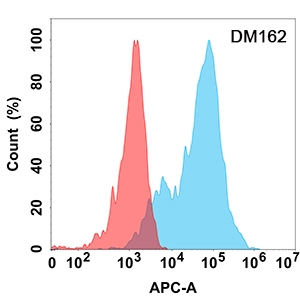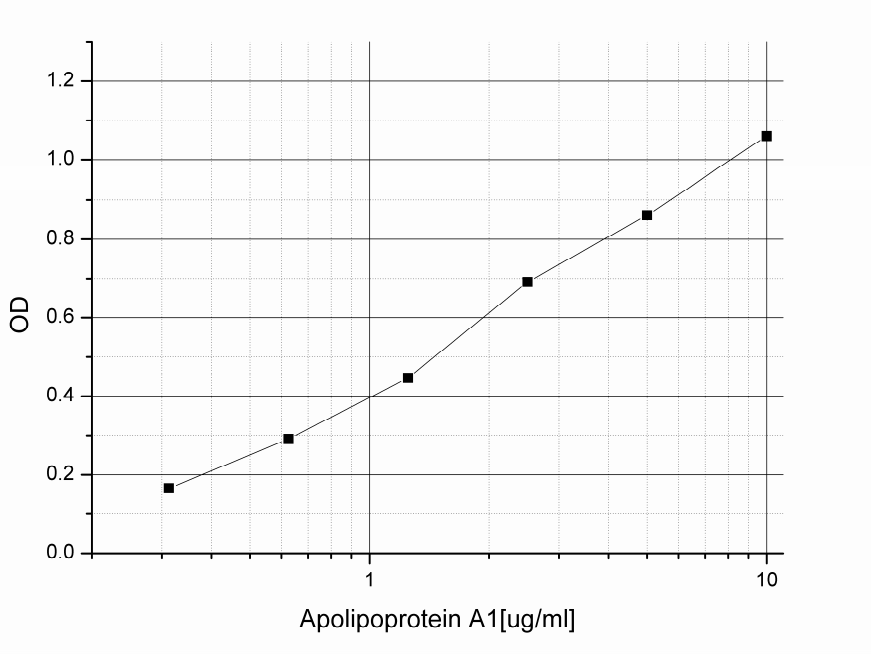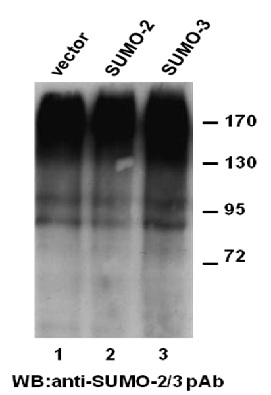
Size:100 μg
Price:$ 445
Brand:NewEast  Place of Origin:USA
Immunogen:
Place of Origin:USA
Immunogen:
| Cat.#: 28506 |
| Product Name: Anti-EPHA3(DM162) Rabbit Monoclonal Antibody |
| Synonyms: TYRO4; HEK4; ETK1; ETK; EK4; HEK |
| Description: Anti-EPHA3 antibody(DM162) Rabbit Monoclonal Antibody |
| Background: This gene belongs to the ephrin receptor subfamily of the protein-tyrosine kinase family. EPH and EPH-related receptors have been implicated in mediating developmental events; particularly in the nervous system. Receptors in the EPH subfamily typically have a single kinase domain and an extracellular region containing a Cys-rich domain and 2 fibronectin type III repeats. The ephrin receptors are divided into 2 groups based on the similarity of their extracellular domain sequences and their affinities for binding ephrin-A and ephrin-B ligands. This gene encodes a protein that binds ephrin-A ligands. Two alternatively spliced transcript variants have been described for this gene. |
| Applications: ELISA; Flow Cyt |
| Recommended Dilutions: ELISA 1:5000-10000; Flow Cyt 1:100 |
| Host Species: Rabbit |
| Isotype: Rabbit IgG |
| Purification: Purified from cell culture supernatant by affinity chromatography |
| Species Reactivity: Human EPHA3 |
| Constituents: Lyophilized from sterile PBS, pH 7.4. 5 % – 8% trehalose is added as protectants before lyophilization. |
| Storage & Shipping: Store at -20°C to -80°C for 12 months in lyophilized form. After reconstitution, if not intended for use within a month, aliquot and store at -80°C (Avoid repeated freezing and thawing). |
 Figure 1. Flow cytometry analysis with Anti-EPHA3 (DM162) on Expi293 cells transfected with human EPHA3 (Blue histogram) or Expi293 transfected with irrelevant protein (Red histogram). |
Select By Alphabet
A B C D E F G H I J K L M N O P Q R S T U V W X Y Z
Subscribe to our latest email
(+1) 610-945-2007 [email protected] [email protected] 840 First Avenue, Suite 400, King of Prussia, PA 19406
Copyright © 2010 - 2024 NewEast Biosciences | All rights reserved
Bioactive Transmembrane Proteins Antibodies for Transmembrane Proteins G Protein | GTPase




 Add to cart
Add to cart
 Download
Download



